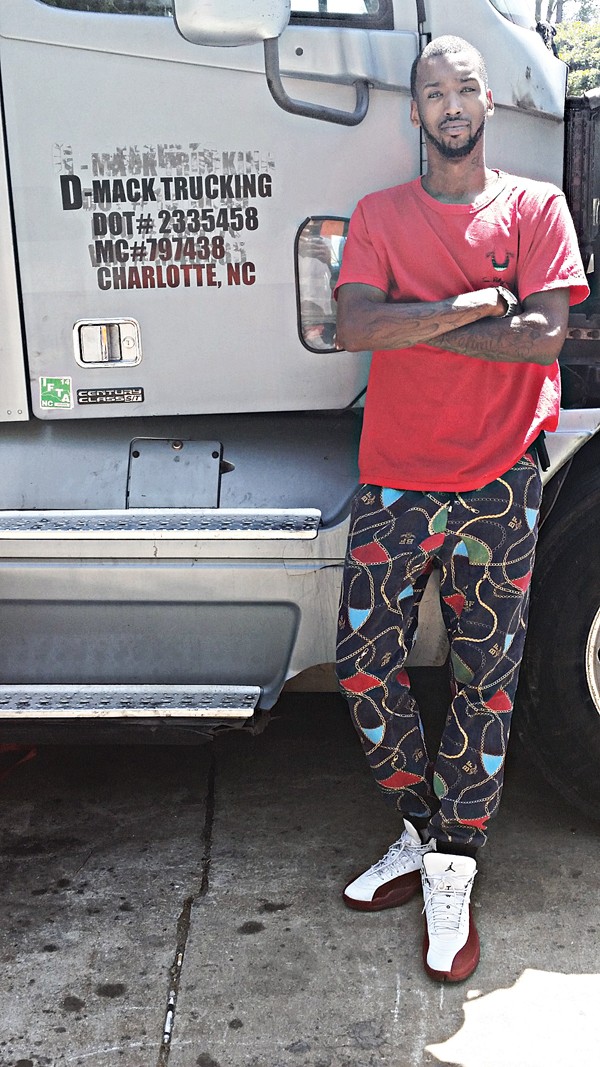From Derrick Rose to Tyreke Evans, former Memphis Tiger Doneal Mack witnessed several of his teammates go on to play in the NBA.
But Mack knew going to the league wasn’t guaranteed, which motivated him to get his degree. And after playing basketball overseas for three years, he traded in sports for entrepreneurship. Mack currently owns his own 18-wheeler trucking company, D-Mack Trucking.
“At first, it was hard, because I wanted to play basketball, but I also had to work,” Mack said. “As you get older, you have to give it up. The ball doesn’t roll forever.”

Doneal Mack
The probability of a student-athlete playing professionally is extremely slim. According to National Collegiate Athletic Association (NCAA) data, only 1.2 percent of men’s basketball student-athletes are estimated to be drafted into the NBA, and only 1.6 percent of football student-athletes will go to the NFL.
A University of Memphis research team was recently awarded a $10,000 grant from the NCAA to develop a four-phase career readiness program for student-athletes who don’t go pro after college. Entrepreneurship training, project-based learning, workplace readiness training, and a practicum with a community partner are among aspects being explored with the initiative.
Members of the U of M’s Center for Athletic Academic Services, University College, and sports and leisure studies departments collectively created the program.
“We want our student-athletes to do more than just graduate. We want them to be successful,” said Bob Baker, director of the Center for Athletic Academic Services. “Unfortunately, because of the time demands that they are under, they don’t have a lot of time to do internships and to get professional development experiences. A lot of them have hopes of playing professionally, but outside of that they’re not sure about what they’re going to do.”
The U of M was one of six universities selected to receive the grant out of a pool of nearly 140 applicants.
Due to student-athletes being required to attend numerous practices, conditioning sessions, and team meetings, and travel to away games, they’re more likely to miss classes, study less, and not secure an internship.
Billy Smith played shooting guard for the U of M from 1990 to1993. He said balancing his athletic career with school wasn’t easy, but he managed to do it.
“[Participating in] practice and then having to go to class and be just as productive is one of the toughest parts of being a collegiate athlete,” Smith said. “A lot of times, you may see athletes dozing off in class. That’s because they’ve been up since about 5:45 a.m., when the average student is still asleep. As an athlete, that can be one of the hardest transitions to make.”
Like Mack, Smith had aspirations of going pro but wasn’t drafted. He earned his degree in sports medicine and currently works in pharmaceutical sales.
Since the 2010-11 school year, only 12 U of M student-athletes have continued their athletic careers at the professional level, according to Baker. He said the new career readiness program would be a tremendous benefit for U of M athletes considering the likelihood of them not going to the league.
“I think this will increase their awareness, and it will change their mindset in terms of what’s going to happen and what options they will have after their sports [career] ends,” Baker said.